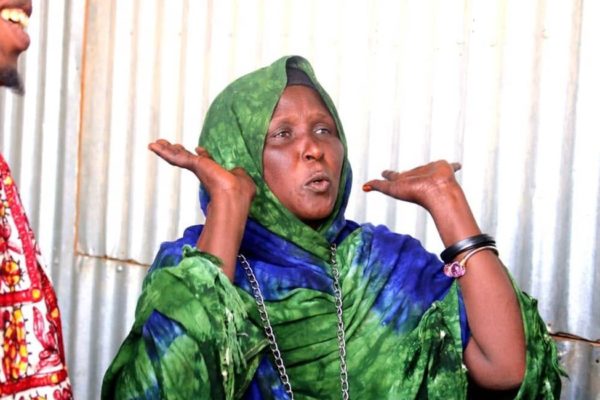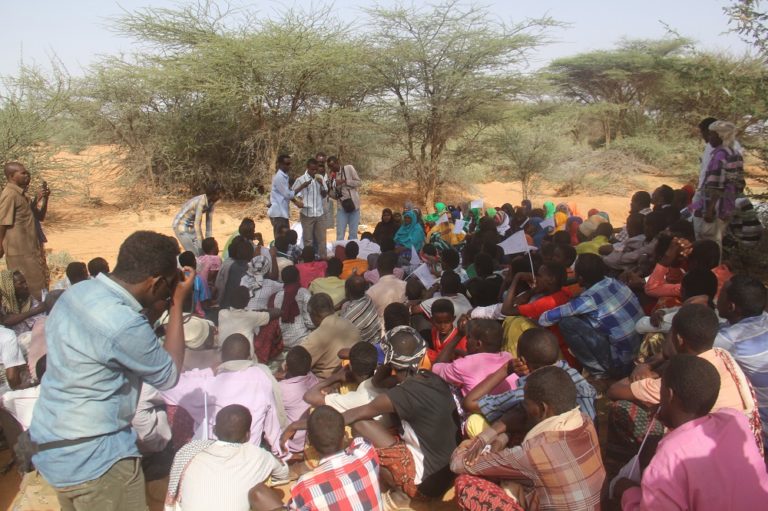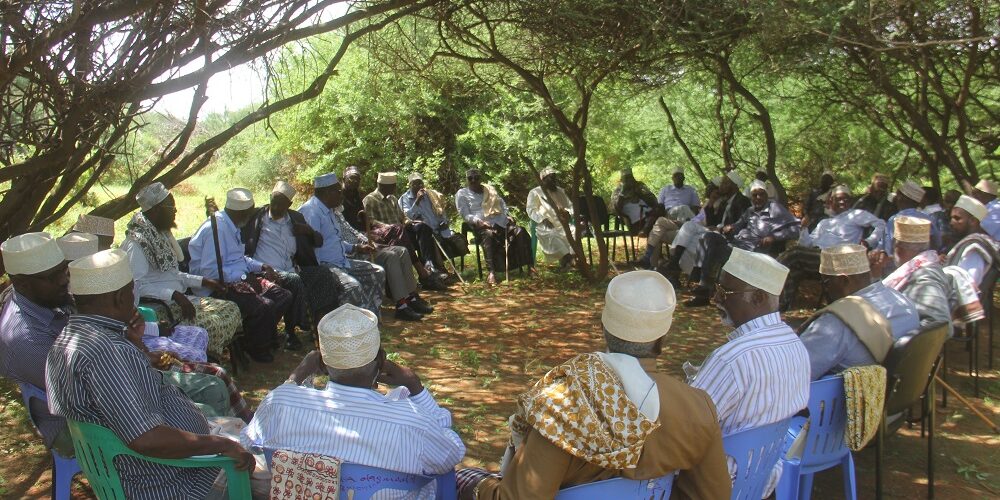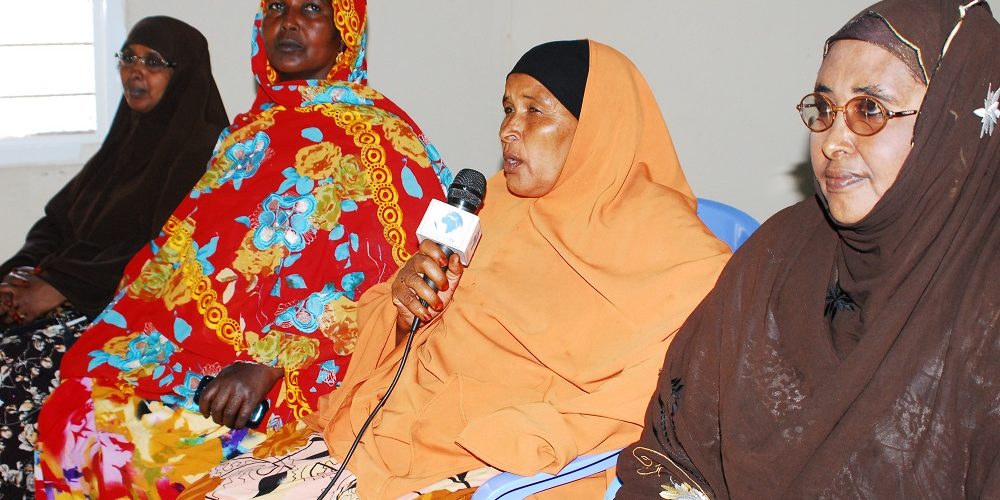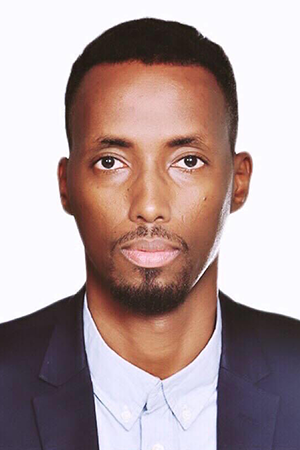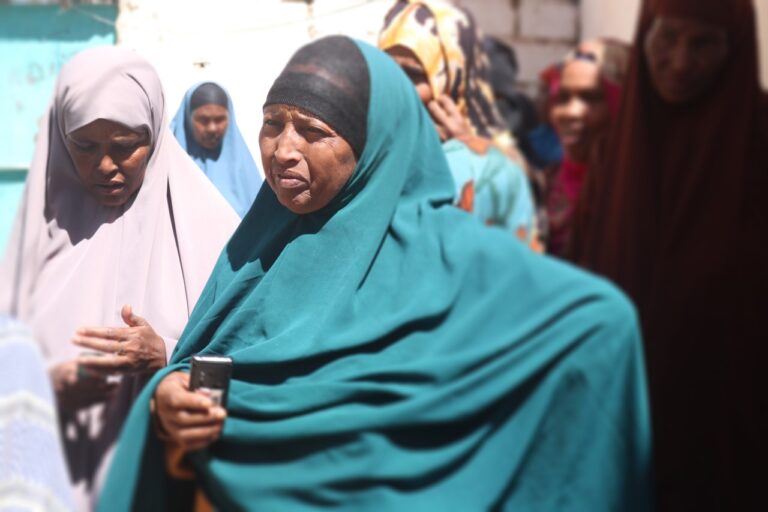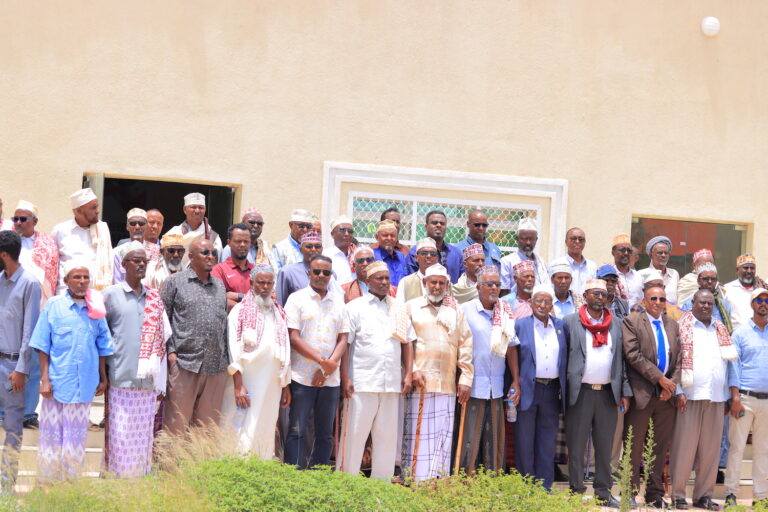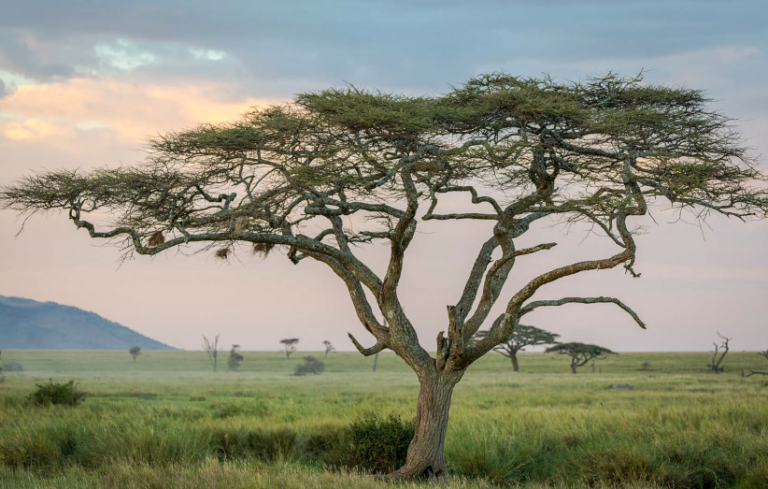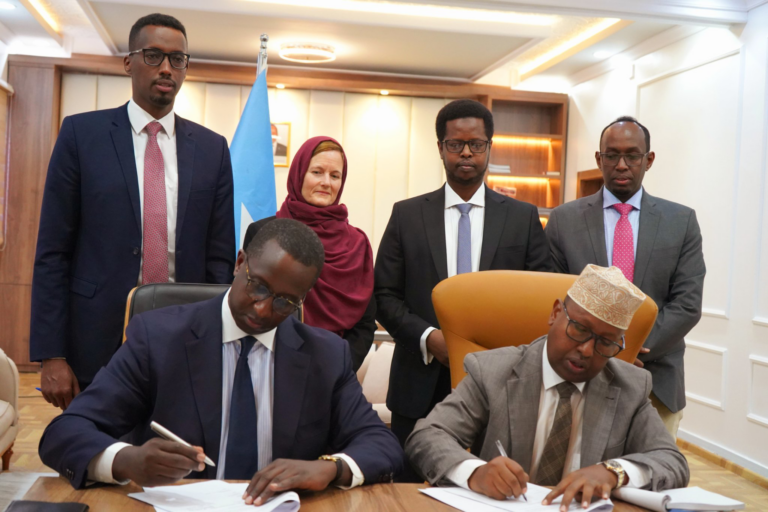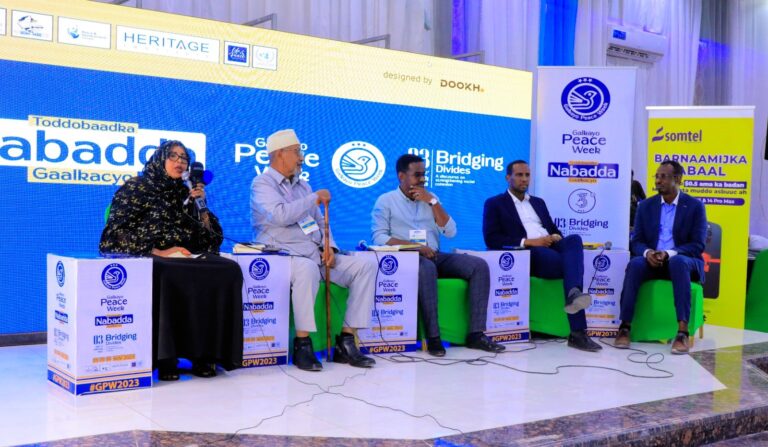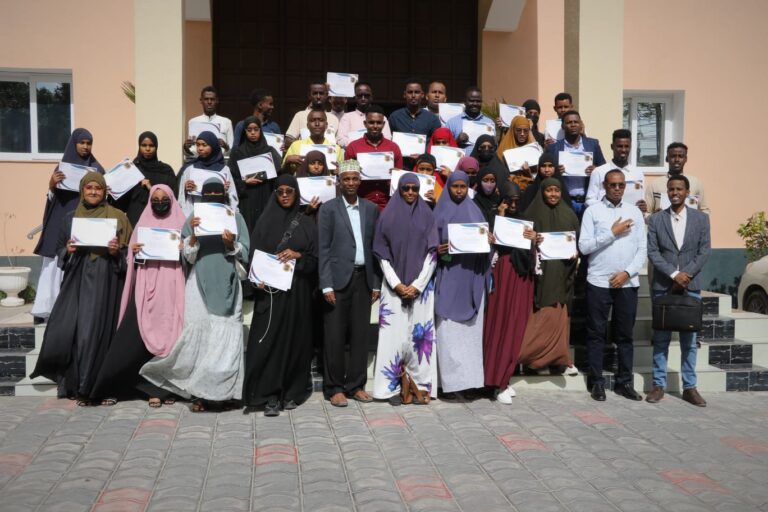Over the last five years, Somalia and Somaliland have been in critical junctures in their statebuilding processes. In Somalia, despite a period of relative optimism and forward motion, critical statebuilding processes stalled due to a political impasse in reaching consensus among the different political stakeholders at the federal and state levels that stalled in the 2021 federal elections. Even though there was an aspiration and ambition of holding one-person-one-vote elections in 2020/21, limited political dialogue and lack of consensus between the Federal Government of Somalia (FGS) and Federal Member States (FMS) stalled the process and required to collectively address critical issues on the electoral model. In the end, Somalia reverted to a selection model that entailed delegates selecting Members of Parliament (MPs) and Senators who in turn elected the President.
However, Somalia successfully held ‘one-person, one-vote’ elections in three districts in Puntland, one of the Federal Member States (FMS). Specifically, the elections were held in the districts of Qardho, Eyl and Ufeyn - on 25th October 2021. These district elections set a historic precedent towards a more democratic process, where citizens themselves can directly elect their government leaders. Beyond its historical significance, the elections aimed to inform how parliamentary and presidential elections at the state levels could be carried out. It also lay the foundations for federal universal suffrage in 2026/2030. The continued success of subsequent district council elections at the State level and Benadir region will be critical in paving way for a bottom-up approach to universal electoral processes.
In Somaliland, key strides were made towards upholding and maintaining its hybrid governance system with several elections taking place in the last five years. To date, Somaliland has conducted eight elections, including three presidential elections (2003, 2010 and 2017), two parliamentary elections (2005 and 2021) and three local council elections (2002, 2012 and 2021), and its democratization process has been a shining example and a beacon of democracy in the region of Horn of Africa. 2022 remains a critical year for Somaliland where at least three elections (presidential, political party and House of Elders) were initially planned. However, a fierce political dispute on the sequencing of this elections, especially on which one(s) should come first, has already delayed the electoral timelines.
In both Somalia and Somaliland, several conflict challenges have also hindered the overall statebuilding processes. One of this challenge continues to be the sustainable management of conflicts, many of which continue to be resource-based in nature and prevalent across the region. The situation has been exacerbated by frequent occurrence of drought, which negatively affects livelihoods and further strains the limited available resources, such as water points and grazing areas. Currently, there has been an on-going drought that has affected millions of people. There is urgent need for humanitarian support, especially food, water and health care services.
Insecurity also continues to hinder statebuilding process, especially in Somalia. This has mainly been caused by the presence and active engagement of Al Shabaab. Due to the competing priorities and processes that come with establishing and strengthening statebuilding process, addressing insecurity has been difficult and has limited the capacities of governance structures at the local, regional and federal levels to provide and guarantee security for the communities. The recently elected President of Somalia, His Excellency Hassan Sheikh Mohamoud, has renewed his government’s commitment towards tackling insecurity. The African Union also renewed its commitment by establishing the African Union Transition Mission in Somalia (ATMIS) to replace the African Union Mission in Somalia (AMISOM) with a clear mandate to fully implement the Somali Transition Plan (STP), which outlines the process towards the gradual handover of security responsibilities to the Somali Security Forces by December 2024.
